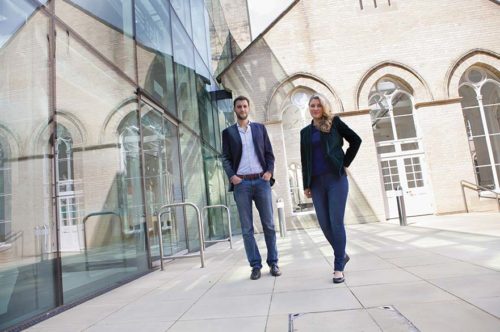This course is an excellent route to a wide range of career opportunities. Estimating transport needs, providing systems and infrastructure to meet those needs, and addressing the impacts of transport on society and the environment, all require the understanding and skills this course offers.
The module content draws on our strong industry links, our research and our local and national project-based work.
MSc Transport Engineering and Planning is run by UWE Bristol’s Centre for Transport and Society. All the teaching staff are engaged in research and consultancy, and often advise national and local government.
Cutting-edge research on the doorstep
Bristol is the home of Isambard Kingdom Brunel, and an exciting place to study transport and engineering.
The city has some interesting and complex transport problems of its own. Their plans to tackle them include a bus rapid transit network, continuing developments to cycling networks as the country’s first Cycling City, and experimental closures of the city centre to motor traffic on Sundays.
Our close links with local authorities in the area means we were commissioned to evaluate Bristol’s Local Sustainable Transport Fund project.
Why do most Park and Ride schemes cause an increase in traffic? Why do people living in high-density housing make fewer journeys than people in suburbs, yet cause more traffic congestion? Does an increase in traffic inevitably increase collision and injury rates?
These are just some of the questions posed by our researchers in the Centre for Transport and Society at UWE Bristol. They have explored these questions in a series of short films, ‚Surprising Things You Never Knew About Transport’, which challenge beliefs among policymakers and the general public.
This course draws on the latest research and practice, and attracts students from a wide range of countries, and from employers around the region. We welcome applicants from all over the world.
Zobacz więcej na stronie uniwersytetu >>











